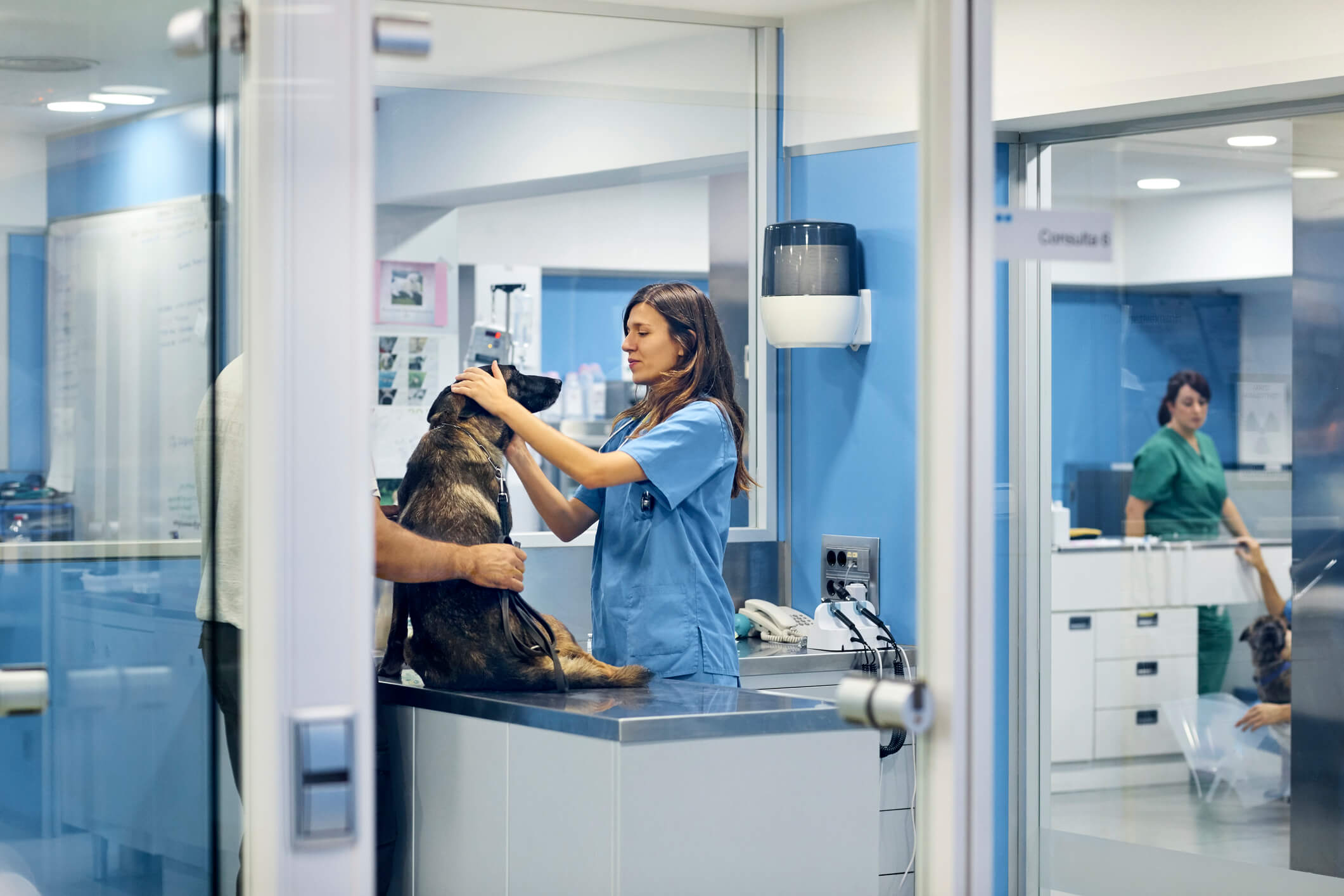Everyone makes mistakes. Unfortunately, as a veterinarian, mistakes can lead to lawsuits. Therefore, if you own a veterinary practice, it is imperative that you have processes and procedures in place that keep veterinary errors to a minimum. Otherwise, you leave yourself and your practice at risk. In this article, we discuss some common veterinary errors.
Causes of Veterinary Errors
When veterinarians commit errors, it is typically due to one of the following causes:
- Cognitive limitations
- Pet owner interference
- Lack of knowledge or skill
- Productivity issues
- Communication problems
- Leadership problems
Common Veterinary Errors
The most common mistakes made by veterinarians include:
Surgical Errors: Surgical errors are among the most common mistakes made by veterinarians. In fact, errors made during surgery account for approximately 50% of all veterinary mistakes. One study of around 70,000 veterinary cases found that around 40% of veterinary errors were linked to operations. And of these cases, most involved orthopedics and general surgery. The most common causes of veterinary surgical errors are poor communication and leadership failures. Further, interns are more likely than experienced veterinarians to make surgical errors.
Medication Errors: Medication errors account for approximately 15% of all adverse events in veterinary medicine. The majority of medication errors involve analgesics, cardiovascular drugs, and hypoglycemic agents. However, at least one study examining veterinary errors found that over 50% of all veterinary errors were medication related. Many medication errors occur due to poor administration processes, such as giving the wrong drug or wrong dose to the patient. Veterinary medication errors often occur for the following reasons:
- Unclear or obscured medication labeling
- Poorly designed drug dosage devices
- The use of poor symbols or abbreviations on prescriptions
- Improper disposal or storage of medication leading to accidental overdoses or exposure
Diagnostic Errors: Finally, diagnostic errors are another common type of veterinary error. This type of error is particularly common among new veterinarians who sometimes lack the experience to accurately diagnosis their patients on a consistent basis. Unfortunately, new veterinary graduates sometimes forgo appropriate diagnostic testing, and this can lead to wrongful judgments.
On the other hand, experienced veterinarians sometimes experience cognitive bias, which can result in similar mistakes. Cognitive bias occurs when a person utilizes mental shortcuts in order to make decisions. This can lead experienced veterinarians to ignore obvious symptoms in patients and misdiagnose their conditions.
Contact a Veterinary Practice Consulting Attorney
If you’d like to cut down on veterinary errors and protect your veterinary practice, you need a veterinary practice consulting attorney on your side. At Mahan law, our experienced veterinary professionals will work with you to establish policies and procedures that reduce veterinary errors and limit your litigation risk. When you have an experienced veterinary practice consulting attorney on your side, you can rest assured that your practice will remain protected. Please contact us to schedule for a free and confidential consultation.

